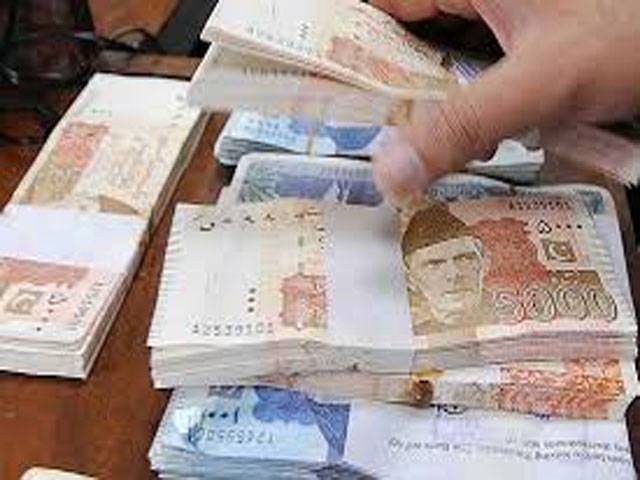ISLAMABAD-The government needs to demonetise the highest denomination banknote of Rs5,000 to help expand the tax net and curb economic slide. Talking to WealthPK, Ammar Khan, an energy expert, pointed out that India’s experience with demonetisation was somewhat successful as it helped increase tax collections.
“The Pakistani economy is rumbling with cash worth Rs8 trillion,” he said. The country faces serious cash crunch and decades-high inflation, and this cash was driving consumption, but taxes were not coming to the government, he added.
“That’s why Pakistan is at risk of default if it doesn’t receive funds from the International Monetary Fund under its loan programme.” Ammar Khan said cash couldn’t be used for productive purposes when it was out of the system. “When we have all this cash well accounted for, it will inject robust liquidity into the banking sector, enabling banks to lend more. You will suddenly have surplus funds that can be reallocated for productive purposes.” He said a few rich people would oppose demonetisation of Rs5,000 notes because they would be forced to disclose the sources of their money.
“The entire economy of Pakistan is based on cash. In other words, all daily consumption is made through cash. Taking money from the informal economy and injecting it in the formal economy would boost taxation,” said the economist.
According to supporters of demonetisation, it is an effective tool for catching black money generated through corruption and stored as cash. According to a World Bank calculation, illicit income (flow) per year in this region is estimated at $75 billion, while black wealth is estimated at $200 billion. Demonetisation also has a positive effect on revenue collection as it helps expand the tax base. It is possible that the government may limit the over-the-counter exchange of Rs5,000 notes, forcing people to deposit and declare their hoarded cash. Once these individuals’ income has been examined, they can be added to the tax net. Due to Pakistan’s low tax-to-GDP ratio, enhancing the tax base is all the more critical. The demonetisation of currency would also facilitate the growth of digitisation since people would use a variety of payment platforms to make large payments. As part of this initiative, the State Bank of Pakistan has already introduced the Raast payment system.
Digitalisation will benefit small enterprises in a number of ways, including their access to bank credit. Most importantly, demonetisation could boost the development of a sovereign digital currency. However, Pakistan should not rush to get rid of its Rs5,000 notes without considering its flip side. Demonetisation will cause a monetary shock to the economy, as it did in India. Monetary shocks cause an economy’s cash flow to plummet, resulting in a cash crunch.
It is therefore vital that policymakers take into account two things when considering the demonetisation of Rs5,000 notes.
The experiment next door shows that demonetisation will reach its goals more successfully if only large denominations like the Rs5,000 note are removed after appropriate planning and preparation. In addition, demonetisation would help curtail corruption in Pakistan if it is implemented prior to the next general elections so that black money is not used to influence the voters.
Thursday, May 16, 2024
Demonetisation of Rs5,000 currency note advocated to ‘expand’ tax base

Sunil Chhetri announces retirement from international football
4:33 PM | May 16, 2024
‘Clinic on Wheels’ program launched in Bahawalpur
May 16, 2024
Rain Damage
May 16, 2024
LESCO Next
May 16, 2024
Propaganda War
May 16, 2024
Heat Alert
May 15, 2024
Tax Reform
May 15, 2024
2022 Floods - Road to Recovery
May 16, 2024
Success of Lunar Mission
May 15, 2024
Service disruption
May 15, 2024
Weather Crisis
May 15, 2024
Reforming the Wheat Purchase System
May 15, 2024
ePaper - Nawaiwaqt
Advertisement
Nawaiwaqt Group | Copyright © 2024





